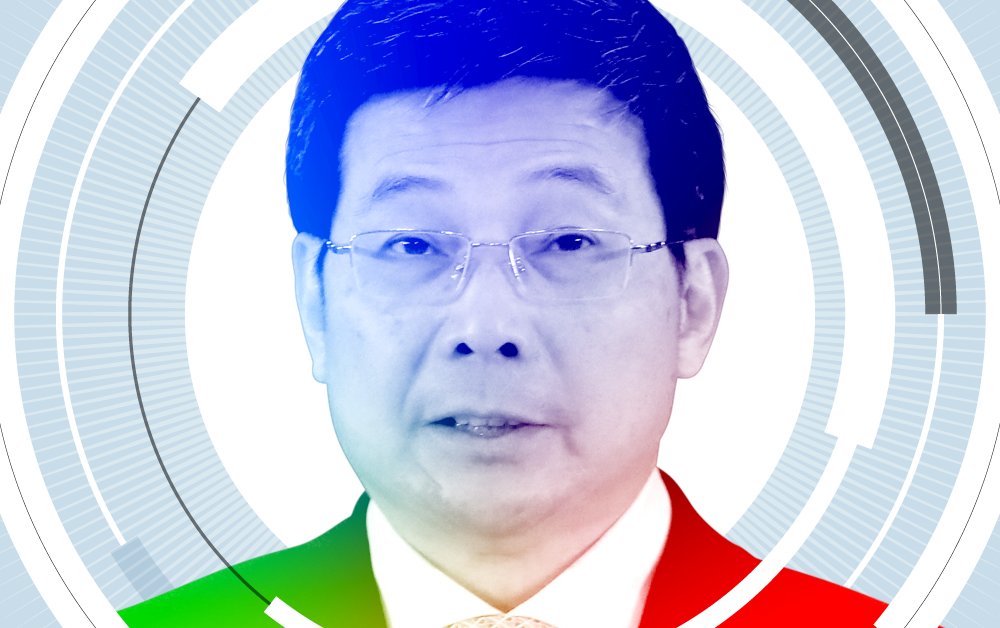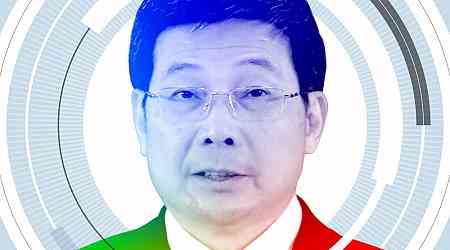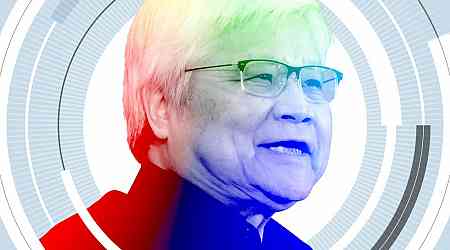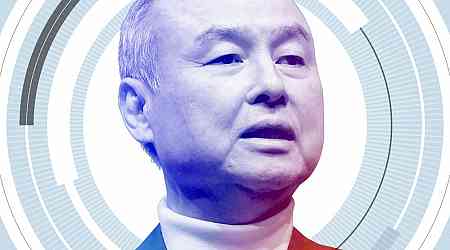
As the Director of the Cyberspace Administration of China (CAC), the country’s leading AI regulator, Zhuang Rongwen faces a seemingly impossible task: imposing the nation’s censorship practices on unpredictable generative AI technology without stifling domestic innovation.
That did not stop Mr. Zhuang from making history in August 2023, when less than a year after ChatGPT was released, China became one of the first countries to implement binding regulation targeting generative artificial intelligence. The law requires, among other things, for developers to obtain government approval before deploying models publicly. Since then, the government has approved over 40 Chinese language models, including those of newly-minted Chinese AI unicorns like Zhipu and Baichuan. China is second only to the United States in the number of large-scale AI models originating from the country, accounting for 25% of such models.
[time-brightcove not-tgx=”true”]A provision in the law states that AI developers must “Uphold the Core Socialist Values.” Perhaps leading by example, a research arm of the CAC created its own LLM in May. Dubbed ‘Chat Xi PT,’ the model was trained on the political doctrine of President Xi Jinping as well as other official literature. For now, the model is for internal use only.
But the CAC under Zhuang has also been instrumental in curtailing the power of China’s biggest tech companies. In the summer of 2022, the regulator issued a $1.2 billion fine to China’s leading ride-hailing company, Didi, for violating data security laws. The massive fine was a part of a multi-agency crackdown on China’s tech industry that wiped out more than $1 trillion in value from the sector.
While the crackdown has since eased, there is no guarantee it will last. Zhuang’s decisions will help shape whether China can keep pace with its western counterparts and realize its aspirations of becoming an AI powerhouse.































